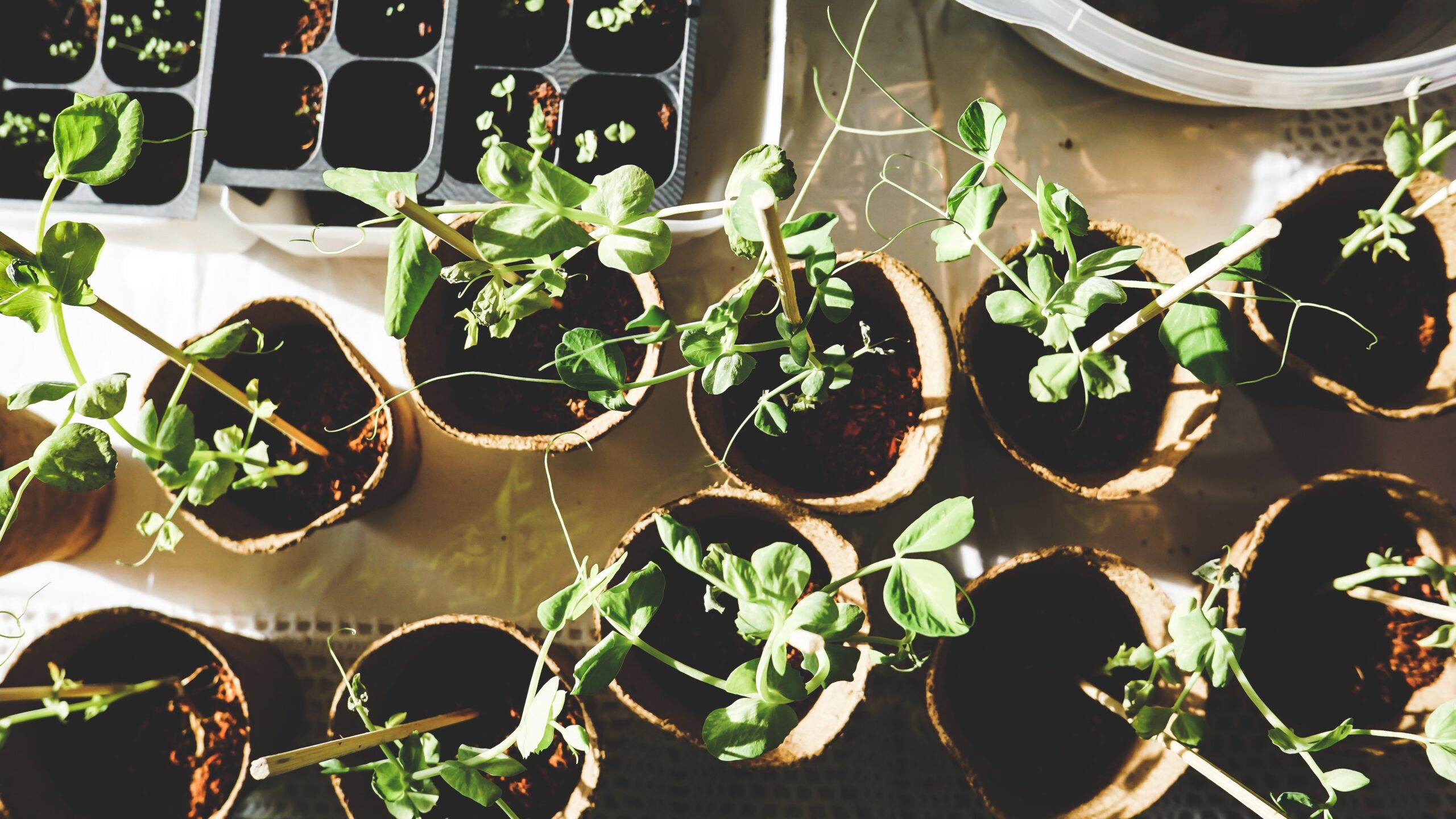With spring upon us, people are prepping for seasonal activities such as
spring cleaning. A sustainable activity that can be done during spring is gardening. Gardening is
a pretty sustainable activity to do as you can plant trees to reduce carbon emissions, but also
create a sustainable and reliable source of food if you plan a food garden. However, gardening
can also do damage to your ecosystems as using pesticides and fertilizers can damage the health
of the soil. Pesticides and fertilizers, as well as what plants you use, can affect the health of your
nearby ecosystems and how much water you use. So how do you garden in a more sustainable
manner?
Organic gardening
Perhaps the biggest thing you can do to make your garden more sustainable is to ditch
synthetic fertilizers and pesticides. For instance, a popular natural insecticide is diatomaceous
earth, which is an abundant form of sedimentary rock that dehydrates bugs who consume them.
Because it is just a rock, it poses no threat to the soil’s health and thus safe to use in gardens.
Homemade pepper spray is another example of a pesticide—just use one tablespoon of chile
powder, a quart of water, and a couple pumps of Dr. Bronner’s soap and spray where needed. Lastly, coffee grounds and eggshells are a great source of fertilizer as eggshells make soil more
alkaline and coffee adds more nitrogen to soil.
Water Conservation
Collect rainwater to use for later use. Furthermore, use drip irrigation systems to evenly
distribute limited water; and using porous structures like dug-up clay pots will help make a little
water last a long time as the water will be absorbed directly to the roots for a prolonged time.
Native Plants
When it comes to gardening, native plants are the best water savers. Native plants are
built to tolerate the climate of your local region, thus requiring less maintenance and water than
other plants. Native flowers of New York are: Joe-Pye weed, swamp milkweed, and sneezeweed.
Mulch
Is an organic material made from dead plants (like composted leaves, bark, and clippings)
as well as inorganic materials such as gravel and rocks. Mulch conserves water by reducing
water evaporation. It also prevents weeds from growing as well as protects plants from the harsh
temperatures.
Although it may be hard to garden in Rochester’s climate, indoor gardening is a possibility. Look
out for a tip on how to make an indoor garden/greenhouse in the future!
Written by Lugardo Marroquin ‘24
Picture Source from Pexels (unknown)

